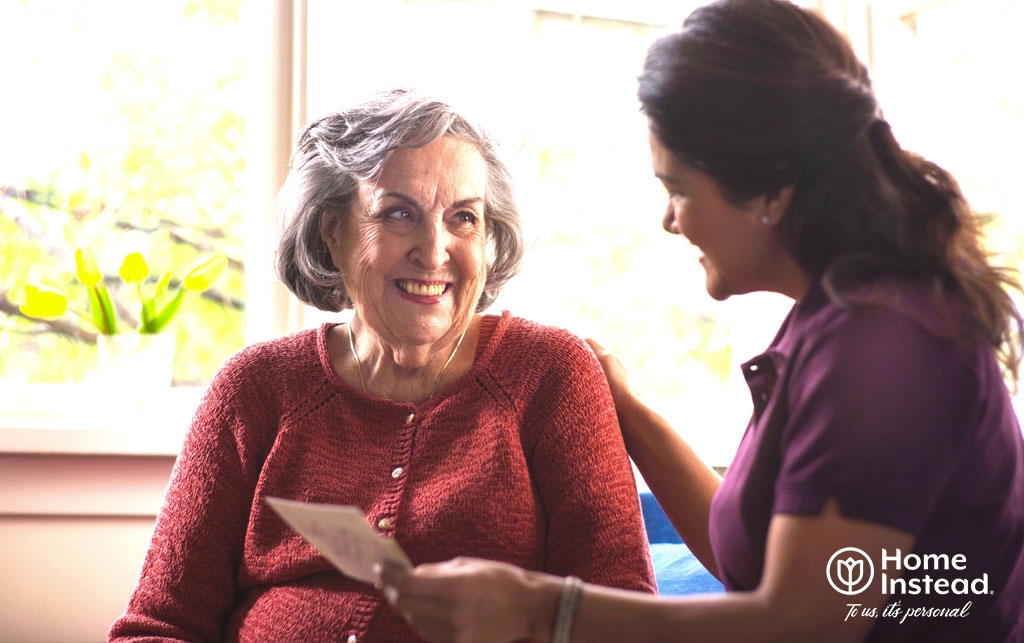Dangers of Vitamin D Deficiency
Vitamin D is one of the most important essential vitamins for your health. It’s responsible for the efficient absorption of other vitamins and minerals like calcium, magnesium, and phosphate. Most people who don’t get enough sunlight and avoid certain Vitamin D rich foods in their diet can suffer from a deficiency. A long term deficiency in this key vitamin can pose a health risk in any adult, and especially aging adults. Immediate symptoms of deficiency can lead to bone and muscle pain. If the deficiency continue unmanaged, it could lead to risk of cardiovascular disease, cognitive impairment, and cancer.
Improving Vitamin D Levels
The U.S. National Academy of Medicine considers 600-800 IU of daily Vitamin D to be efficient for most adults.
1. Soak Up UV Light
While there may be fewer hours of sunlight in the winter, there are still ways to get exposure to UV light that exposes your skin to Vitamin D. If you have access to a large window or sunroom, make sure you spend some time each day sitting nearby. You can enjoy the warmth of the inside while still getting the light you need.
Alternatively, new technologies have helped to create lamps that emit UV-B rays that can also boost your Vitamin D levels. While many of these lamps can be expensive, they’re becoming more and more accessible for anyone to have
2. Change Up Your Diet
Many seniors experience a change in appetite or food preferences as they age. Loved ones and caregivers should put an emphasis on making sure they receive the proper nutrition to support good health. Eating fatty fish and seafood like tuna and salmon, wild mushrooms, and egg yolks can contribute to boosting Vitamin D levels. Foods like milk and orange juice are often fortified with Vitamin D and can be another easy way to get this nutrient.
3. Take a Supplement
If your loved one continues to struggle to maintain a healthy level of Vitamin D naturally through sunlight and diet, a Vitamin D supplement may be the best way to ensure they maintain adequate levels. Make sure you purchase high quality supplements that have ben independently tested. Vitamin D3 is typically the most effective in raising and maintaining overall levels.
Find Support with Home Instead
If you have concerns about your aging loved one keeping a consistent diet and staying healthy, a Home Instead® Care Professional could help you achieve the peace of mind you’re looking for. We can help your senior family member maintain a well-balanced diet by helping with grocery shopping and meal preparation.
Fill out our Care Calculator to discover all of the ways we can help your loved one.
